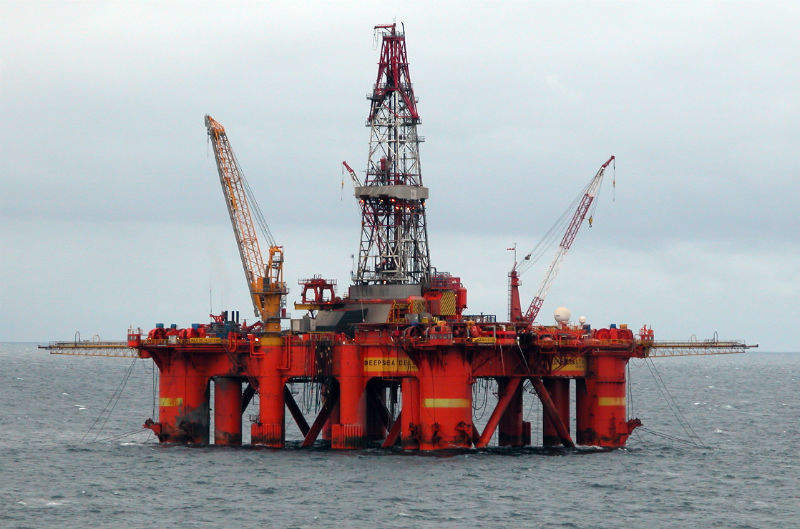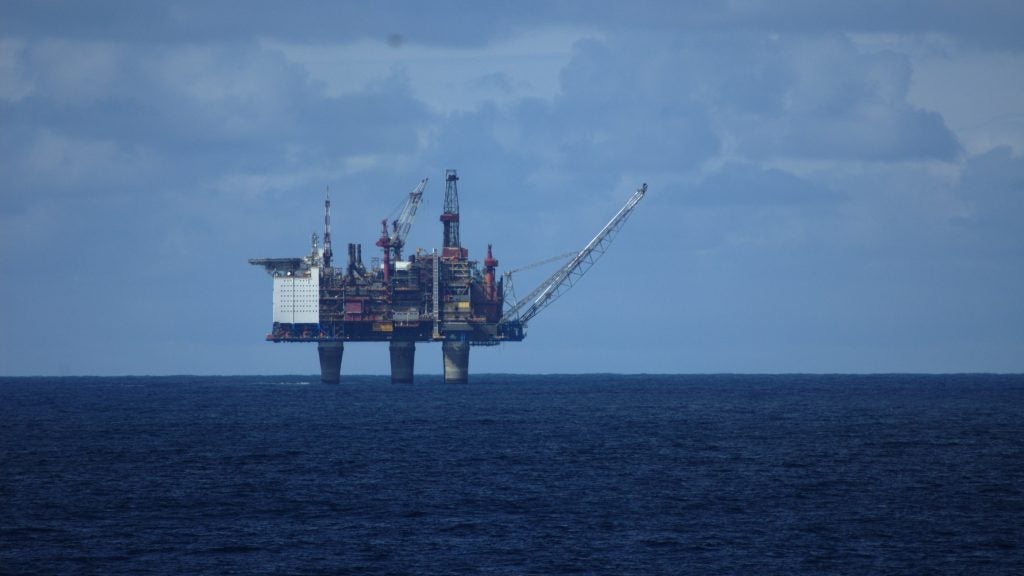
Today marks 30 years since the Piper Alpha disaster. The explosions and subsequent fires completely destroyed the North Sea oil rig and took the lives 167 workers in one of the world’s worst offshore accidents.
Offshore safety organisation Step Change in Safety executive director Les Linklater said that the industry must learn lessons from Piper Alpha so that a disaster of that scale could never happen again in the North Sea.
Reflecting on the progress in offshore safety over the past three decades, Linklater stated that while hydrocarbon releases still occur, safety regulations have progressed so far that there could never be an offshore catastrophe on such a scale as Piper Alpha.
Linklater said: “We must believe that everything we’ve done would never result in the loss of 167 lives again. Everything we’ve done through the safety case regulations, the design of offshore installations…gets us to the point where technically we’re far better in terms of the mitigation of consequences.
“The loss of containment of hydrocarbon, which is ultimately one of the factors in Piper Alpha, still happens. While it is unlikely that a hydrocarbon release would result in a fire or explosion, there remains the possibility that could happen. I think the consequence would be different, and I have to believe that the work we’ve done supports that.”
A recent Health and Safety Executive report stated, however, that there have been several hydrocarbon releases in recent years, coming ‘perilously close to disaster’.
How well do you really know your competitors?
Access the most comprehensive Company Profiles on the market, powered by GlobalData. Save hours of research. Gain competitive edge.

Thank you!
Your download email will arrive shortly
Not ready to buy yet? Download a free sample
We are confident about the unique quality of our Company Profiles. However, we want you to make the most beneficial decision for your business, so we offer a free sample that you can download by submitting the below form
By GlobalDataLinklater noted that there should be a state of ‘chronic unease’ around offshore safety and hydrocarbon release.
He explained: “Chronic unease is good, fear is very different. I think to have that sense that it could happen is good but to be in a point of scaremongering I don’t think is helpful for the workforce and families.”
Future of offshore safety
Linklater noted that while the industry reflects on the past 30 years, the next three decades are arguably of equal importance. It is important for the next generation of workers to understand the scale of the Piper Alpha tragedy and the work that needs to be done to improve the safety regime even further.
He said: “In a mature basin with the history that we have, how do you set the next 30 years up for success? How do we ensure that a young person, perhaps as young as 18, going offshore for the first time has some of those lessons instilled in them and that understanding?
“For the next generation it is how we communicate the benefit of an improved safety culture, the benefit of improved safety case regulations and that consequence of all the work we’ve done came as a result of a tragedy.”
Pat Rafferty, the Scottish secretary of the trade union Unite, said he didn’t believe the offshore oil industry has learnt enough from the disaster and fears that things are only getting worse.
He mentioned that the Cullen Report, an inquiry into Piper Alpha, “should have led to significant changes in the oil and gas sector that would protect workers in the future and make the industry safer.
“Instead, 30 years on, we have witnessed an industry that is driven increasingly by cost reductions, with corners and jobs being cut to save money. The accident was caused by cost-driven decisions. And when costs become more important than safety, Piper Alpha shows that the result can be catastrophic.”




